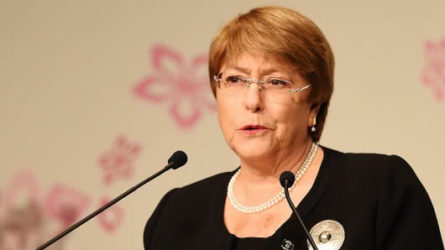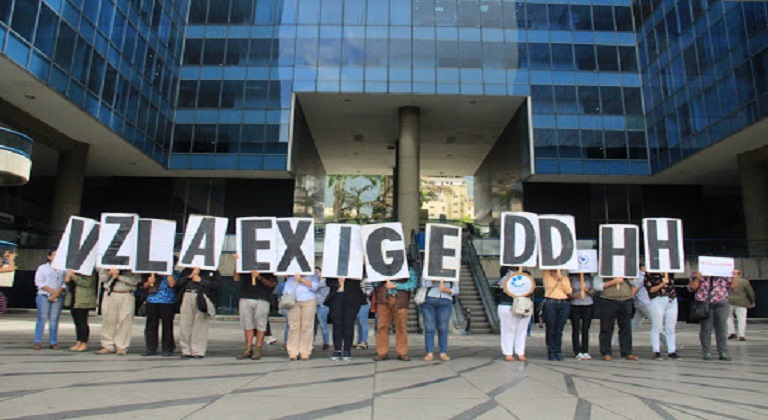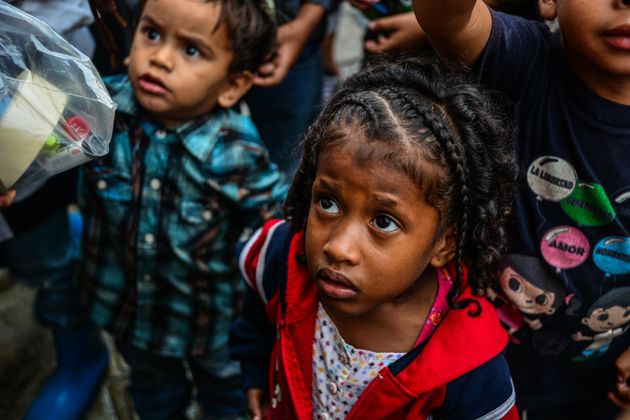The Venezuelan Observatory on Social Conflict (OVCS) registered 9,633 protests during 2020, equivalent to an average of 26 each day. This figure represents a 42% decrease compared to 2019.
The main reason for protesting was the demand for Economic, Social, Cultural and Environmental Rights, which accounted for 8,193 public demonstrations, mainly over the provision of basic services, labor demands, access to health and food, and fuel shortages.
Most protests in 2020 took place amid the state of alarm over the COVID-19 pandemic
81% of the protests documented in 2020 occurred during the state of alarm decreed by the Maduro government over the COVID-19 pandemic. A total of 7,789 street actions between March 13 and December 31, 2020.
“Neither the repression of the Maduro regime nor COVID-19 pandemic stopped civil society from demanding their rights. Neighbors, workers, and trade unions showed that there is a country that wants to live in dignity and democracy”, said Marco Antonio Ponce, Director of the Observatory.

The fuel crisis took people to the streets in eastern Venezuela
The eastern region, led by the states of Sucre (923) and Anzoátegui (829), led the index of demonstrations in 2020, followed by the Andean states of Mérida (774) and Táchira (684). In the south of the country, the state of Bolívar also witnessed a significant number of protests (633).
86,159 public demonstrations in a decade
2020 was one of the five years with the most protests in the last decade. Since 2011, the Observatory has documented 86,159 public demonstrations across the country, equivalent to an annual average of 8,616 protests. The main motivations to take to the streets are related to the demand for conditions that allow living with dignity, and the rejection of inefficient public policies and human rights violations.

2021 will be a year of great challenges for Venezuelans, when the majority of those who want to live in democracy will need to build bridges and come together to promote and consolidate change. Civil society will play a leading role in assisting the population, especially the most vulnerable, fighting impunity and recovering fundamental freedoms.
The Venezuelan Observatory on Social Conflict is committed to continuing fieldwork, monitoring and documenting the country’s situation from a human rights perspective
Download the full report in Spanish to learn more about the state of social conflict in Venezuela.
Translated by José Rafael Medina




